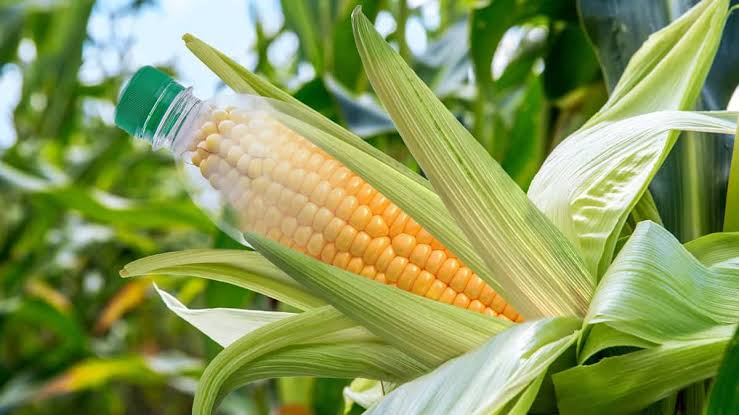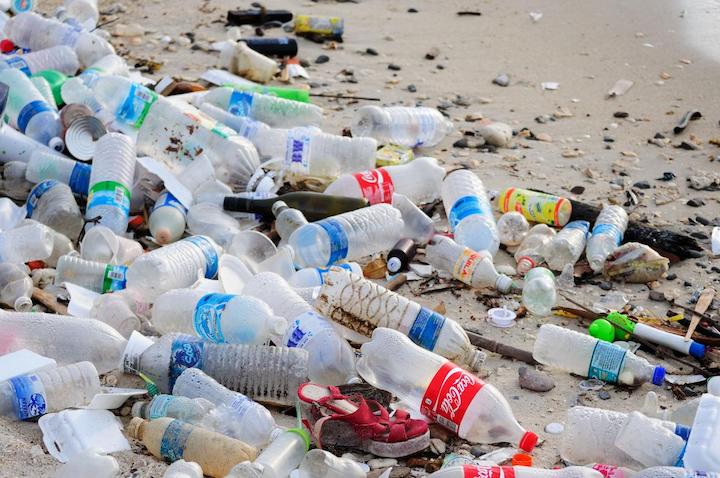In an attempt to curb environmental pollution caused by petroleum-based plastics, the Government of Uttar Pradesh led by Chief Minister Yogi Adityanath is setting up a Bioplastic Park. The Bioplastic Park will be located in Kumbhi village in Gola Gokarnnath tehsil of Lakhimpur Kheri district. The park will be built over an area of 1,000 hectares with an investment of Rs 2,000 crore, as per reports.
The park will be constructed on a Public-Private Partnership model by the Balrampur Chini Mills Limited. The Uttar Pradesh Expressways Industrial Development Authority (UPEIDA) will serve as the Nodal Agency for the planning and execution. Chief Minister Yogi Adityanath has directed to complete the project at the earliest.
Purpose of the Bioplastic Park
The Bioplastic Park is a large-scale industrial project designed to promote the production and use of biodegradable plastics. It will boost sustainable manufacturing by promoting eco-friendly production methods.

The Bioplastic Park sanctioned by the UP Government will not only be beneficial for the environment but also boost the region’s economy by creating jobs for local residents. It will also encourage the establishment of supporting and related industries in the region.
The park will foster research and development in plastic technologies. The Bioplastic Park will become a centre for study where new plastic manufacturing technologies, how to reduce plastic waste and easier ways to recycle plastic will be explored.

What is Bioplastic
Bioplastics are plastic materials that are made from renewable resources, such as vegetable fats and oils, sunflower, corn starch, sugar beet, straw, woodchips, sawdust, and recycled food waste. Bioplastics can be used in various industries including packaging, textiles, and electronics. Bioplastics are biodegradable and different from regular plastics because they are made from natural polymers like cellulose or starches that come from plants or farm waste.
This makes them friendlier towards the environment unlike the regular plastic which is made from natural resources such as cellulose, coal, natural gas, salt, and crude oil or synthetic resources like Silicon atoms.
Regular plastic stays in the environment for hundreds of years and is very difficult to destroy, therefore severely contributing to environmental pollution. Compared to this, bioplastics decompose much faster than petroleum-based plastics and can be recycled easily.



